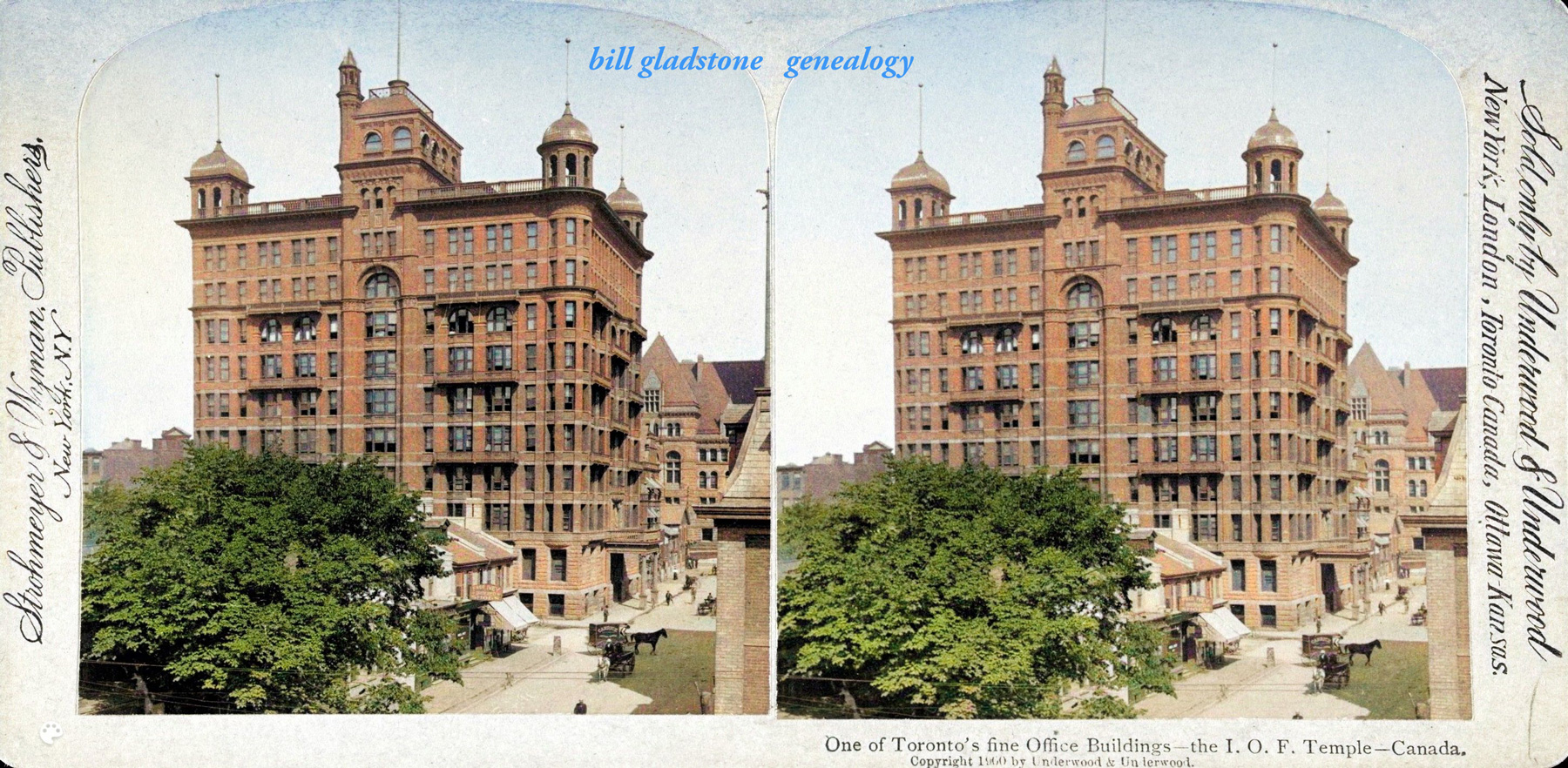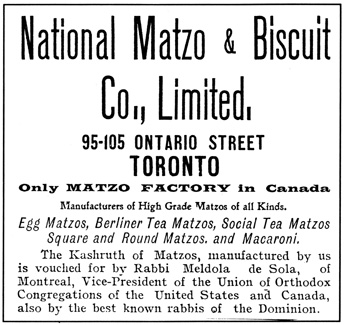 From the Jewish Telegraphic Agency, 2002
From the Jewish Telegraphic Agency, 2002
One year after passing anti-terrorism legislation, Canada’s Liberal Government has responded to an intense barrage of criticism by adding the Lebanese-based Shi’ite group Hezbollah to its list of outlawed terrorist entities.
After months of insisting that the so-called “social” wing of Hezbollah does not deserve the terrorist label because it provides vital social services in Lebanon, the federal government this week abandoned the problematic distinction it had been making between the “military” and “social” wing of Hezbollah, and banned the organization in its entirety.
The decision clears the way for any assets that the organization may have in Canada to be seized and forfeited. Banks have been notified to freeze any accounts linked to the organization, which operated under a variety of names.
With the latest additions to the list — the Kurdistan Workers party (PKK) and Japan’s Aum Shinrikyo were added on Dec. 11 along with Hezbollah — Canada’s terrorist registry now lists 16 international organizations, including Hamas and Islamic Jihad, which were added two weeks ago.
Under Bill C-36, Canada’s Anti-Terrorism Act, persons who knowingly participate in any activities of a listed terrorist entity, including dealing in its property or finances, may face up to ten years in prison.
Numerous major papers across the country have run editorials in recent weeks, beseeching the government to outlaw Hezbollah, and Jewish groups and many concerned citizens have also pushed strongly for the move.
Hoping to get the Government to stop fence-sitting, B’nai Brith Canada had launched a federal lawsuit, but withdrew it yesterday, only days before the Government would have been obliged to attend a preliminary session in court.
In recent months, the Government had also faced regular hammering in the House of Commons over the matter. At least three parliamentarians had broken ranks with the governing Liberals over the issue.
Stockwell Day of the Alliance party has been a vociferous critic of the federal policy on Hezbollah. This week in Parliament, Day referred to Hezbollah as the “A-team of terrorism” and declared that the Solicitor General’s procrastination had allowed its operatives “to escape with assets and funds from Canada.”
“What took him so long to ban this group when it took him only a matter of weeks and months to ban less known and less dangerous groups?” Day asked. “As I have said quite a number of times in the House, this process takes time,” Solicitor General Wayne Easter replied. “If we are to do our job under the act, we have to base it on criminal and security intelligence information.”
The case against the radical Islamic organization “has be bullet-proof, it has to be defensible in court,” said Dan Brien, a spokesperson for Easter, who is responsible for implementing Canada’s antiterrorism legislation.
But Foreign Affairs Minister Bill Graham, who has long insisted on treating Hezbollah’s social-political wing and its military-terroristic wings as separate entities, has given a conflicting explanation for Canada’s sudden and belated recognition of the need to outlaw Hezbollah.
Graham explained this week that Canada had reversed itself specifically because the organization’s leader, Sheik Hassan Nasrallah, had publicly called for more terrorist attacks on Israel and more suicide bombings around the world.
“The social arm still does good work, but it’s clear that it’s not distinguishing itself from terrorist activities,” Rodney Moore, a spokesperson for Graham, told the JTA.
“Nasrallah’s speech on Jerusalem Day, November 29, expressed support for suicide bombers,” Moore said. “Such remarks constitute an incitement to terrorist attacks and a serious violation of international law.”
Keith Landy, national president of the Canadian Jewish Congress, agreed that Nasrallah’s speech “was a final straw that the government couldn’t ignore.”
While expressing regret that the Government took so long, Landy called the decision “an excellent step that demonstrates Canada’s efforts to continue the war against terrorism.”
Congress’s unremitting backroom lobbying “proves the adage that persistent effort is the keynote to success,” Landy said.
B’nai Brith Canada has engaged in far more public and outspoken criticism of the Government.
Besides the lawsuit, B’nai Brith has held at least two Ottawa press conferences and sponsored several advocacy advertisements in national newspapers on the issue.
“You can rest assured that the Jewish community, and B’nai Brith Canada in particular, is not going to sit by passively and let the same scenario that happened with Nazi war criminals happen again,” said B’nai Brith executive vice president, Frank Dimant. “There will be constant monitoring and constant vigilance.”
At a B’nai Brith press conference this week, Israeli citizen Ori Tanenbaum appealed to Ottawa to help free his father, who was reportedly kidnapped by Hezbollah more than two years ago.
Dimant has called upon solicitor generals across the country to launch investigations into the activities of operatives linked to Hezbollah or other listed groups.
“We don’t want people who have been allied with Hezbollah to shift their allegiances to some other entity which has not been banned yet,” he said.
Despite their differing approaches, both Congress and B’nai Brith agree that the Government must now turn its sights on a pair of notorious Palestinian organizations it has so far overlooked — the Al Aksa Brigade and the Fatah-linked Tanzim.
Officials in the Solicitor General’s office describe the terrorist list as a “work in progress” and say their investigations are continuing. ♦
© 2002






